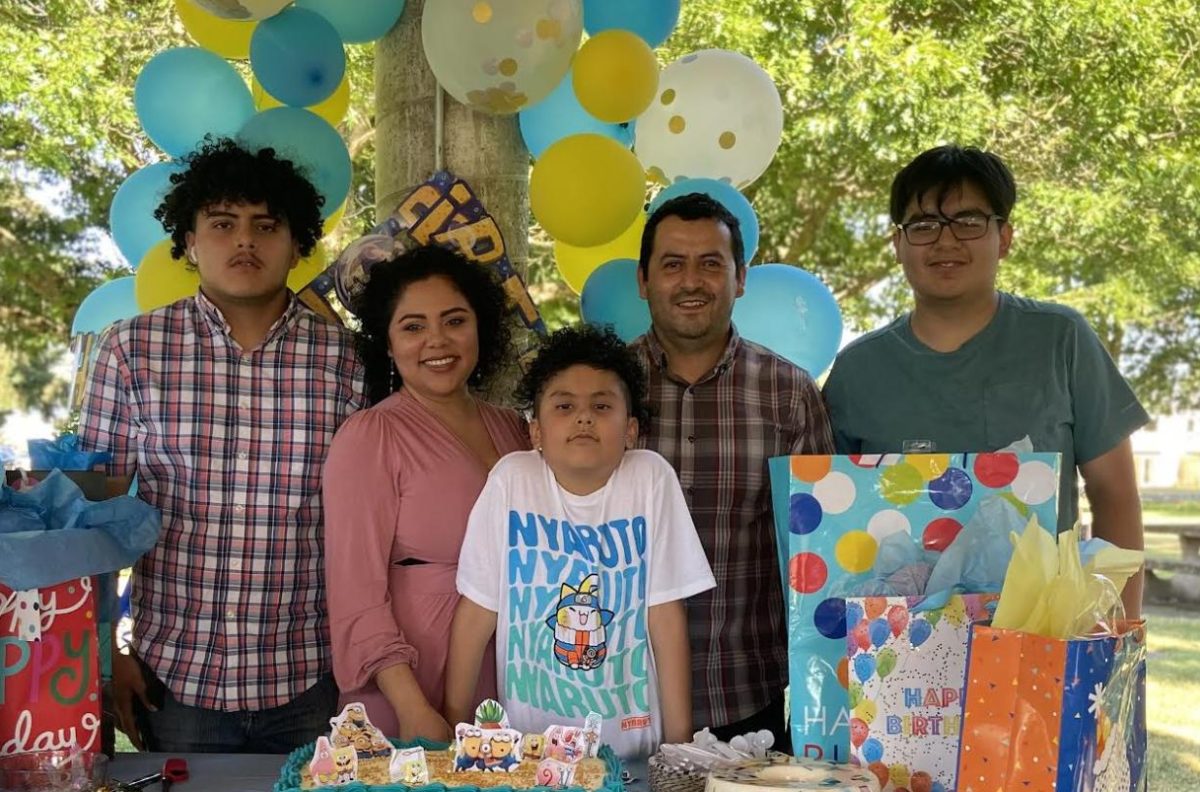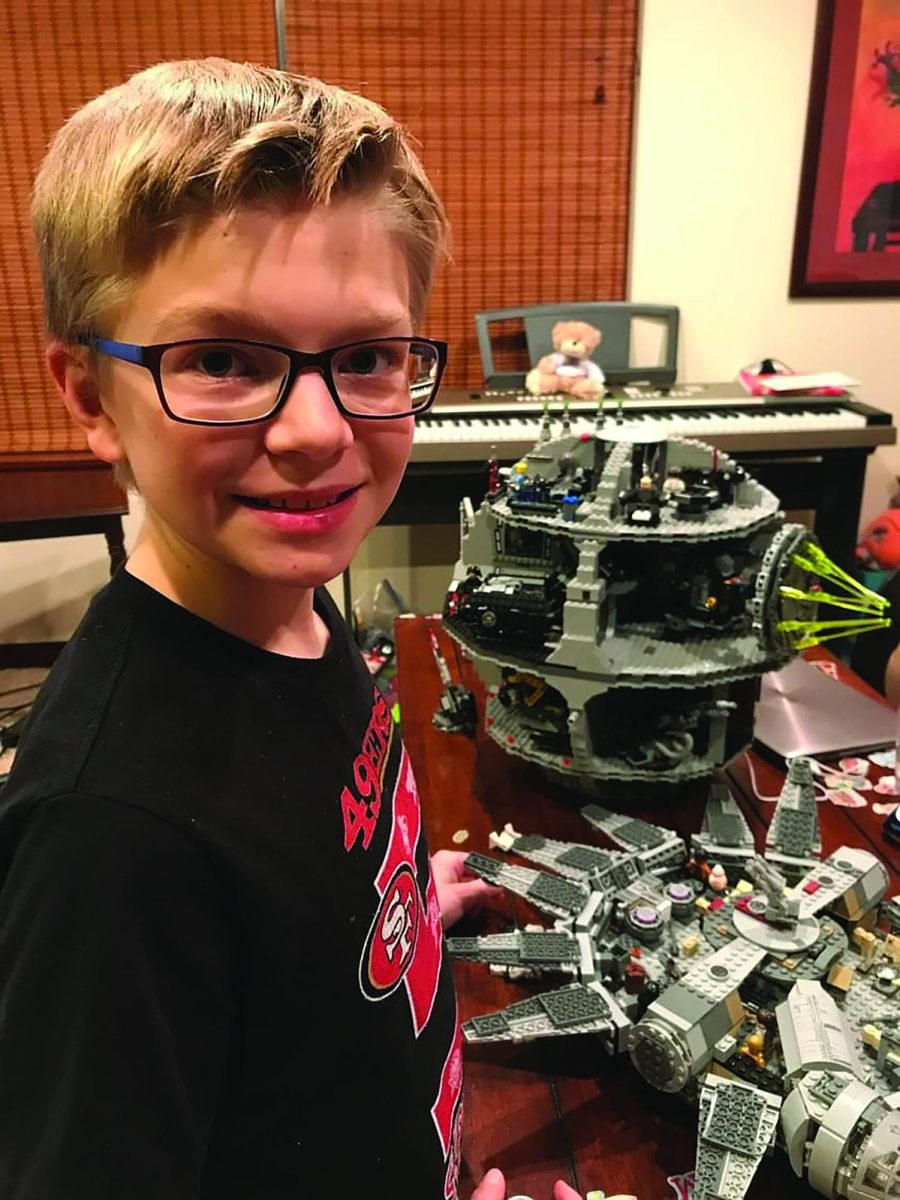The definition of a language broker is a child who translates the English language and/or cultural practices for their non-English speaking parents. Being a language broker includes translating in social settings, escalated situations, possible day-to-day interactions, and translating at restaurants and doctors offices.
According to the National Institute of Medicine, a lot of early research shows that language brokering can be psychologically bad for children. It can be associated with stress and feeling burdened, but not every experience is like that, according to sophomore Kevin Cervantes’ own experiences.
Cervantes’ first language is Spanish and learned English once he started going to a bilingual elementary school. He explains how learning a new language was hard at first, yet time helped. “I got more comfortable [with English], but I still had trouble with accents but I picked them up later in my life,” Cervantes said.
Once starting middle school, Cervantes was placed into a Spanish class where his teacher helped him develop his English further. The diverse middle school he attended also helped.
“Having a lot of diversity at that school helped me stay bilingual and connected with the different languages, English and Spanish,” Cervantes said. Becoming bilingual gave Cervantes the opportunity to help his mainly Spanish speaking parents and he took advantage of that.
“I remember when I had an appointment and my mom would usually get a translator but this one time there wasn’t any, so I had to just step up and be a big boy.”
This was one of the first times where Cervantes remembers stepping up and being a translator for his parents. He explains that he was a very shy kid and that affected his ability to translate often. He said, “They [His parents] could understand some English, but they couldn’t really speak it.” The combination of Cervantes being shy and his parents not being able to speak the language well brought him embarrassment when it came to his parents not being able to communicate. As Cervantes continued to help translate for his parents, it helped him remember his priorities.
“Family is one of my priorities and at the end of the day, it’s not even that deep to just be helpful.”
A time where Cervantes remembers having the bravery and courage to step up and translate was after someone tried to break into his home. He spoke to the 911 dispatcher and to the cops that arrived at his house to file the report. At the time he was only in fourth grade, but he took charge in order to help his family.
“Ever since that I felt like I needed to step up because you never know what the situation is,” he said. “It may be good, it may be bad, but you need to step up and help your family,“ Cervantes knows that the power of being bilingual and a language broker was a gift for him to help people. “It shaped me into showing my culture, [representing] the Mexican community and embracing that I am bilingual, [which] is a gift.”




